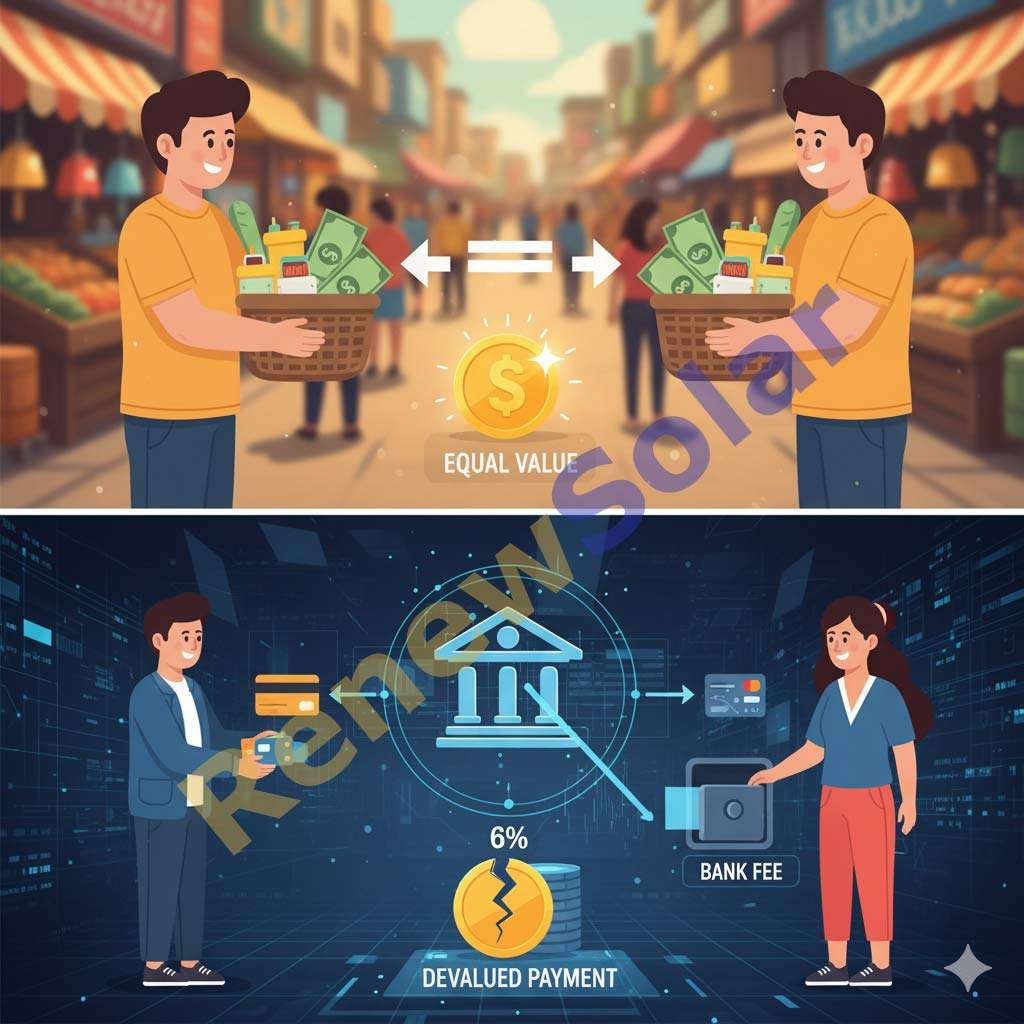We have heard the problems being shouted out about cash is king, keep cash. Well they are correct.
We have been given notice that extra charges and fees are being added to transactions.
With the western banks being bailed out by tax payers money the new western way to recover from its failing financial model is to do less get paid more. Card payments always incurred a fee for this “easy payment option”, which is why we saw a minimum spend come along with the card payment, this was simply to cover the admin costs.
We now have a system where you pay and I pay. undermining your money is a transaction charge and percentage which goes into any payment. Lets say for example an item that is £10.
they want £0.25 pence, then they want 6%, which is £0.60. We now have the additional government fee bringing the total to £1.02
This of course is a 10% devaluation of your payment.
while this does not sound that bad on your already devalued work, by 21% taxes, as a retailer, the problems only grow. The diversion is customer safety, however the risks of business grow meaning that further costs per transactions could amount for £25 plus the fees I mentioned above.

Example.
You buy our 15kWh battery at £1650
£134.10 fee and risk min card transaction costs meaning that your money is worth just £1515.90
There are now 3 charges and they are not all equal, Certain costs escalate the “cost of business” and in real terms low cost sales are difficult to manage and afford.
As we are not for profit, it does mean we are “not for loss” too. To combat the “free loaders” I would need to push up prices to cover the costs to me.
You may have noticed that on our website, if you log into your account, or go through the shop process you will find that the prices and fees change depending on the optional payment method that you select.
You will see a reduction from the listed price for “cash transfers” You will see the costs of card payments, and loan and pay day, or some off set payment plans by third parties add significant costs.
TAX AND PROFIT LINK TO THE GOVERNMENT
Government Ownership: Following the 2008 financial crisis, the government took significant stakes in some major banks, most notably the Royal Bank of Scotland (now NatWest Group) and Lloyds Banking Group, to prevent their collapse. While the government has since sold down much of its shareholding, it demonstrates a clear link and the government’s role in ensuring financial stability.
We will be updating the terms and condition of use and sales, trading on this site to reflect the change and costs which may arise.
NOTE: If the payment does not cover costs and the items, your order may be canceled and fees and costs may not be returned

No responses yet